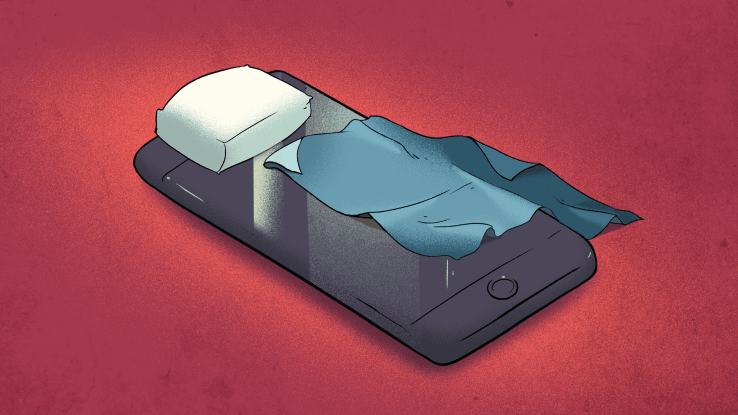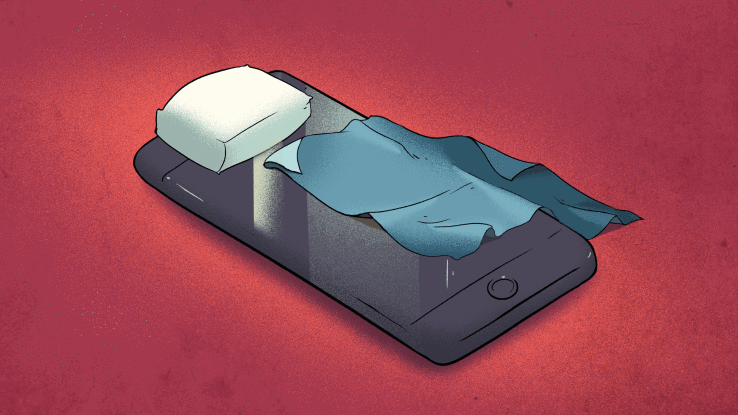
A lot of startups are pitching ways to put us to sleep lately. In response, investors are perking up and writing big checks.
Call it Big Sleep. After decades spent funding technologies tailored to deprive us of sleep (see: streaming video, gaming, social networks and 24/7 online shopping), the venture capital industry has decided to direct its considerable capital reserves at helping us get more shut-eye.
How else to explain the expansive number of venture rounds for companies developing sleep-focused apps, therapies and monitoring devices? There’s also an ultra-hot mattress startup sector, with at least two companies reportedly on a credible path to unicorn status.
The numbers behind sleep
Overall, sleep-focused companies that closed rounds in the past couple of years have raised a cumulative total of more than $700 million, according to an analysis of Crunchbase funding data. Funding in the past year alone was just shy of $300 million for these companies. (See our list of funded sleep startups here.)
That’s a big number, but it’s hard to say if it’s record-setting. Comparing recent funding activity to other periods is complicated because sleep isn’t a discrete investment category. Rather, the list of “Big Sleep” startups includes companies in various sectors, including mobile apps, pharma, medical devices, media and consumer products. There also are no dedicated sleep funds or famous serial sleep entrepreneurs to track.
That said, there are very large rounds going to companies in the sleep space lately. In the consumer products area, the biggest investment recipient is Casper, which makes comfy mattresses and sells them online. The four-year-old New York company was reportedly in talks to sell to Target for $1 billion before deciding to pursue a late-stage investment from the retailer instead. Casper raised about $70 million in prior rounds. (See other mattress startups here.)
Consumers take interest in accessible sleep-measuring devices
On the consumer device side, meanwhile, there’s Hello, developer of the Sense sleep-tracking system, which has raised $41 million to date. It’s one of several companies in what you might call the quantitative sleep space, with a device and app providing a detailed breakdown of your sleep cycles and advice for achieving a more restful night.
While consumer-focused startups are gaining traction, life sciences and medical device companies still account for the lion’s share of sleep-related venture…

